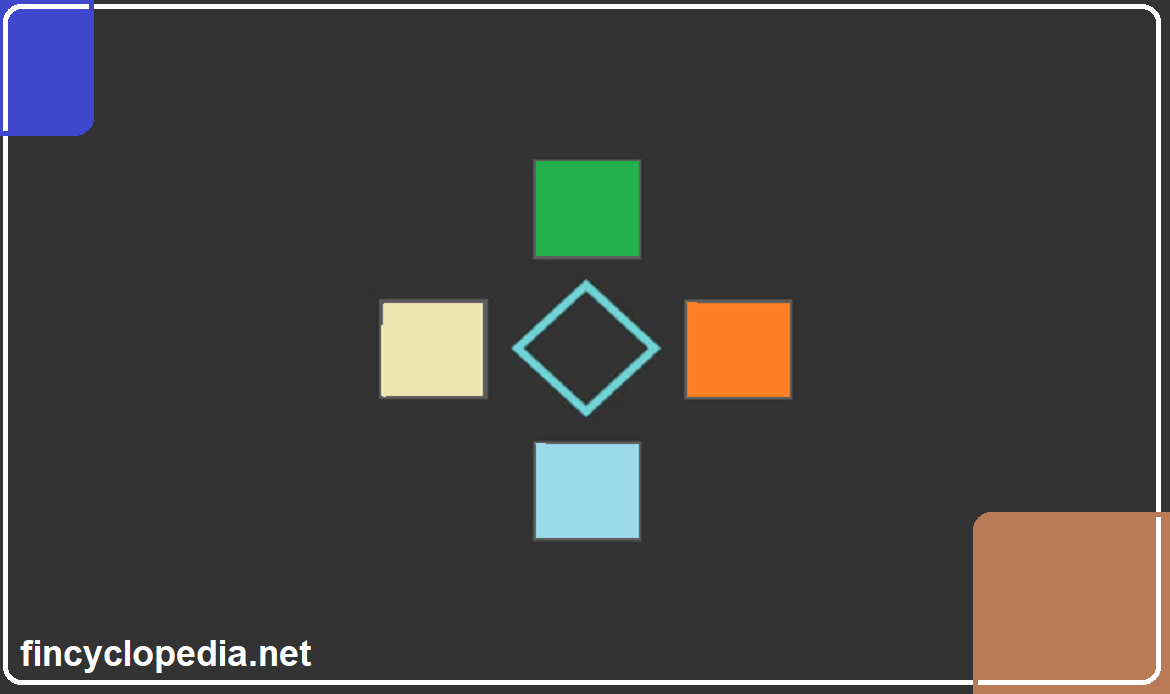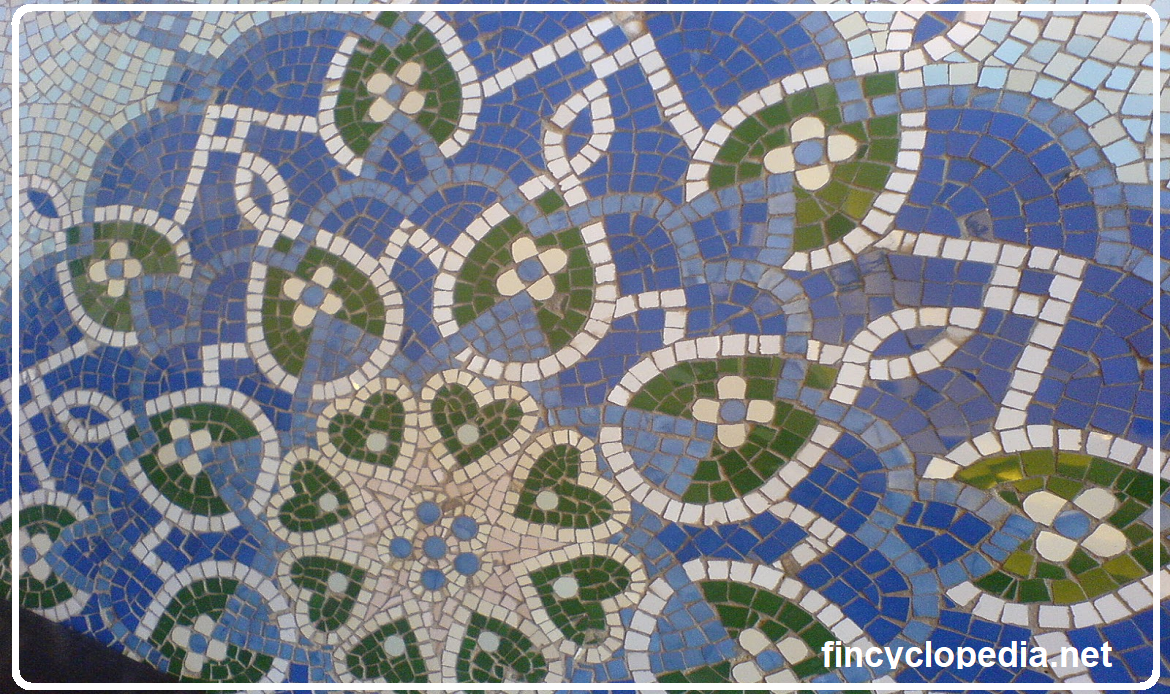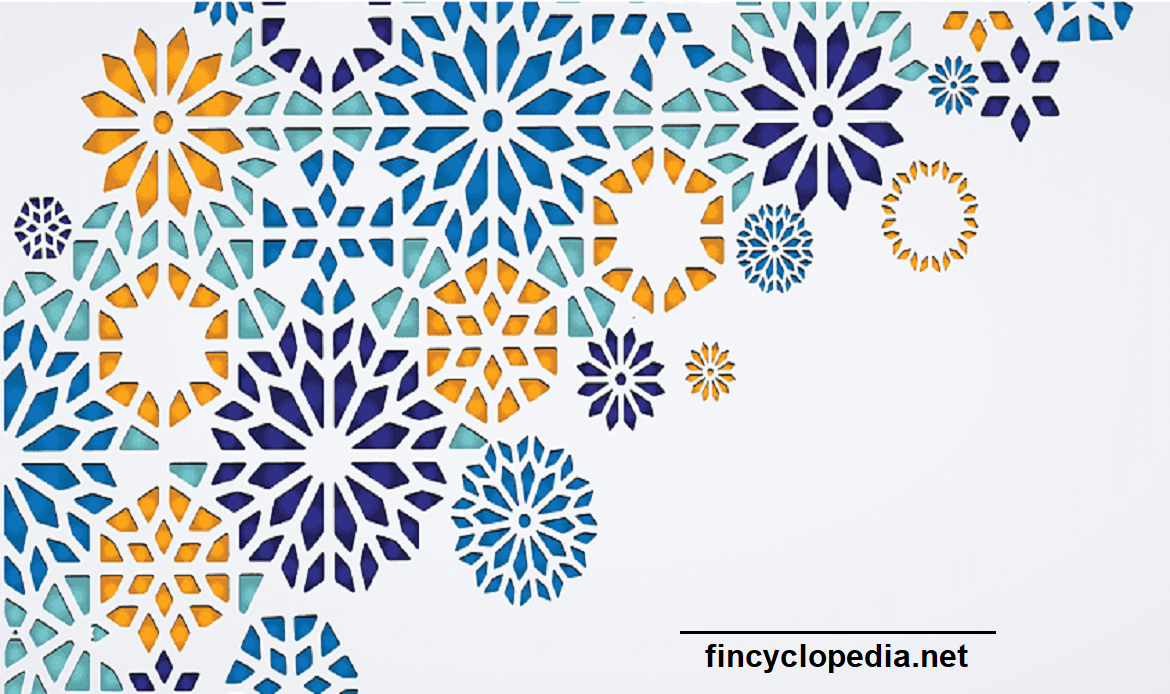Murabaha (also spelled murabahah) is a shari’a compatible mode of debt financing which involves the sale of a commodity mostly for a deferred price. The two parties to the contract are: a financier (usually an Islamic bank) and a client. In its business form, murabaha is initiated when a potential buyer orders a commodity to pay for it with a specified mark-up (profit or ribh). The seller accepts and accordingly procures the commodity. Once the commodity is legally possessed by the seller, the buyer is asked to purchase it and takes delivery. As such, the commodity must exist at the time of contract, and must be owned by the seller at that time whether via constructive (qabd hukmi) or physical possession (qabd fe’eli). Furthermore, quality and quantity must be defined in clear-cut terms, and the exact date and method of delivery must also be specified.
Assets invalid for murabaha transactions are those which are (1) not in existence at the time of contracting- i.e., not available in the market or their availability is not certain or guaranteed, (2) invalid as a subject matter of sale or ba’i such as non-halal products (alcohol, pork, etc) or impermissible assets, and (3) still under construction or in the process of manufacturing. The following sets out an example of case (2). A customer applied for a murabaha financing facility whereby the Islamic bank was requested to purchase a specific property to the benefit of the customer. The bank approached the seller but just to find out that the property is owned by a waqf foundation. By nature, waqf (Islamic endowment) is set up for the society at large, and cannot be sold, inherited, or donated to anyone. Therefore, financing for this specific property is not permissible by shari’a (it is invalid from the perspective of shari’a).






